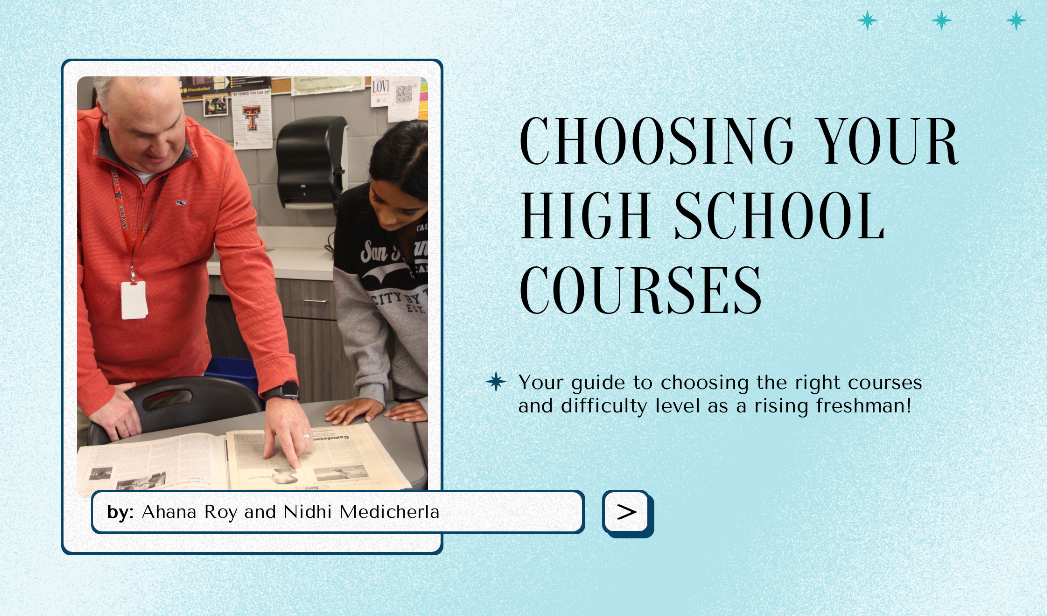That time of every school year has come again. Studying for your next test, starting your next project, catching up on all your assignments. Now the content in your classes is harder, perhaps you are taking an AP class.
You need to study harder to get your desired grades, so you get home and study four hours for one test. Drained, you can’t even remember the first things you were looking over.
You wish you had time to do what you truly want and also be able to absorb all the things you need to know for your exam.
So here it is. The guide to solve this aching problem of how to study in high school, made for a high school student, by a high school student.
Organize your time
As surprising as it seems, the time you spent studying does not equal the amount of knowledge gained even if you studied until 3 a.m.
To have enough time to study and still do other things, you must find what way works best for you to organize your day, week, month or even year. Start by using a planner, notebook, calendar and if you don’t like paper, you may use a digital device, such as your iPad.
Now that you have a place to organize your schedule, I recommend taking time during the weekend to plan how your upcoming week will look. This way, you can visualize deadlines and devote the right amount of time for each subject.
Take time to relax
Once you get home from school, take some time off (some, not three hours), eat a snack, take a nap, read a bit. Unwind from the busy day you’ve had and put your worries aside for a bit. Once you have taken your break, it is time to settle down and study.
However, prior to working, you want to organize what you’re doing with your time. You will not go into spirals, procrastinate and realize you wasted three hours scrolling on your phone again just because you were trying to use Photomath.
Plan out deep work sessions
Sit down, take out a note-taking device and make a plan for your study time. By doing so, you will know when to stop and change tasks. This part is important so you do not get to school and realize there is a huge project due next period but you spent all your time studying for the test from that day.
By prioritizing how much time we allocate to each activity, you are making sure that important deadlines get a little more time than your daily math practice.
A great way of viewing this is through Parkinson’s law. The law states that work is flexible towards the amount of time that you have for its completion. In other words, having a long weekend to study for a test may take longer than necessary to complete a task and may lead to heavy procrastination. The best way to avoid this is by planning.
Practice
Now, I know you read daily math practice, and think to yourself, I don’t need that. Why would I get home and do more math? But I’ll let you in on a little secret; the more you practice something, the better you will get at it and the easier it will be.
Think of it this way, when you are at the gym you don’t want to push yourself to do 200 push-ups at once since it will simply tire your arm out fast. Yes, you may be doing lots of push-ups and yes you are gaining strength, but there are much more effective ways of doing so, such as repetition. Hence, if you go to the gym frequently, and do sets of 20 push-ups each time, you are building muscle and it doesn’t seem like you are doing that much work. Think of daily practices as the gym for your brain. As you do the task a little at a time but every day, it will get easier.
As it starts to get easier, you add some more weights to gain muscle, so do that in your daily activity as well. Do not be scared to get out of your comfort zone and challenge yourself. After all, practice makes progress.
The pomodoro method
I’m studying for five hours straight for this test, so there is no way for me to fail it.
Wrong.
The person who said this also failed that test, but why?
As humans, it is only natural for our attention span to be limited. If you study for five hours straight, your mind will not absorb a large part of that content.
The pomodoro method of studying is great to avoid one of the big factors deterring students from reaching their full potential, burn out.
The pomodoro method of studying allows for students to absorb content in a less tiring way, due to being balanced. The student sits and studies for around 30 minutes, then takes a five-minute break, but this cycle may also be moderated to fit the student’s preference of concentration. This process is usually repeated, making these sessions an effective way to let your brain rest and give it some moments to process the new information.
During these breaks, I highly recommend not going into social media platforms, so you don’t want to keep scrolling after five minutes are over. Instead, gravitate towards stretching, drinking water, having a snack or going outside for a bit.
Don’t scroll
Scrolling and bite-sized videos have reduced our attention span. It is a habit that you may have developed, so teaching yourself to leave these platforms for after you study or during the weekend, is creating a new and more productive habit.
Starting to change your study habits leads to a stronger mind, simply because you are not letting distractions and procrastination win. By creating these new habits and breaking old, time consuming and unhealthy ones, you not only excel as a student, but as a person as well, opening many doors in your future.














